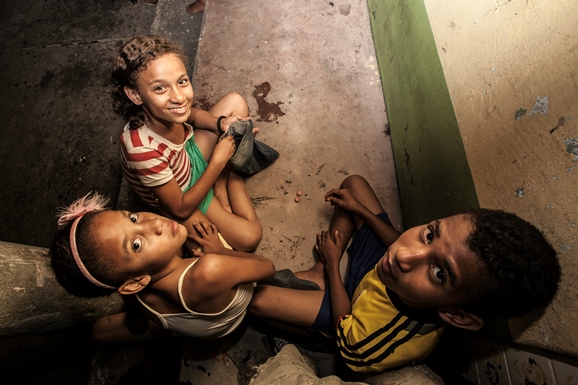ELCA Project
What is the Colombian Longitudinal Survey – ELCA?
ELCA is a longitudinal survey that follows approximately 10000 colombian households in rural and urban areas every three years. Its aim is to follow the same households during 12 years, up today ELCA has followed them for 6 years.
The main objective of the survey is to understand better the social and economic changes that the households and their members experienced. For this reason, ELCA provides information regarding households’ behavior and its effects on their well-being.
The survey started on the Center for Studies on Economic Development (CEDE) of the School of Economics of the Universidad de los Andes during the first semester of 2007.

What behaviors can we characterize with the ELCA?
- Children’s development: anthropometric measurements (height and weight), cognitive tests (Peabody Picture Vocabulary Test – PPVT) and socioemotional tests (Ages and Stages Questionnaire – ASQ-SE and the Strengths and Difficulties Questionnaire – SDQ).
- Dynamics of rural tenure: land tenure, production dynamics and housing tenure.
- Households’ vulnerability: Shocks (e.g. natural disasters and violence) and households’ coping mechanisms.
- Social and political behaviors: post conflict, electoral, culture, attitudes and information sources about the country.
Sample
The sample is 10.800 households: 6.000 urbans and 4.800 rural. The sample is probabilistic, stratified, multistage and cluster, with a selection of municipalities based on demographic and socioeconomic characteristics.
The urban sample is representative for households that belonged to stratum one to four at the national level and for five regions: Bogotá, Central. Eastern, Atlantic and Pacific.
The rural sample is representative for small farmers in four rural micro-regions that had the same economy, but with some differences in their economic model: Mid-Atlantic, Coffee Region, Cundiboyacense and Center-East).
Who do we follow?




